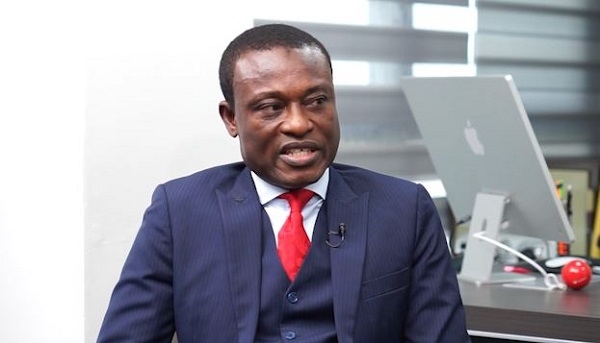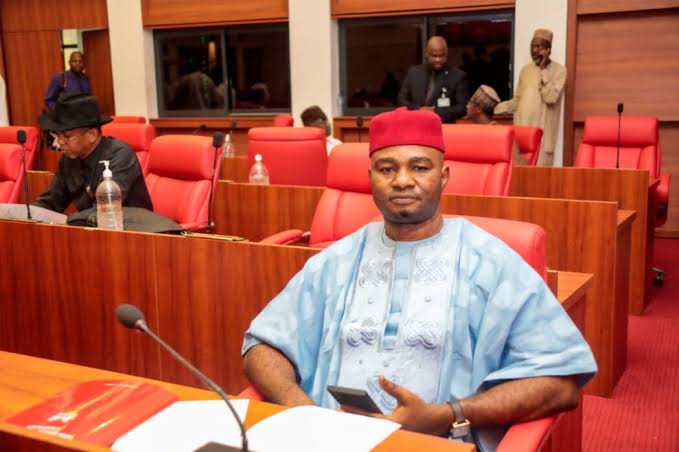Group tasks Tinubu to reset leadership priorities two years on
As President Bola Tinubu’s administration marks its midterm point, the FixPolitics Initiative has delivered a critical assessment of its performance, warning that without urgent reforms, the government risks eroding public trust and the gains made in democracy.
In a statement signed by the Executive Director, FixPolitics Africa, Anthony Ubani, the non-partisan reform group highlighted concerns in governance, economic management and national security, urging Tinubu to urgently adopt people-centred reforms in the remaining two years of his first term.
“The halfway point of any term is a crucial moment for accountability, course correction and renewed commitment to the social contract between leaders and citizens,” the statement reads.
The group expressed concern over what it described as a growing disconnect between government and citizens, citing the fallout of the 2023 general elections, which were marred by logistical lapses, voter suppression and eroded public confidence in the Independent National Electoral Commission, stating, “Two years on, there is no serious effort to reform our electoral process, allowing cynicism to fester.”
It also criticised what it observed as executive overreach and weak institutional checks, particularly in the removal of anti-corruption officials without due process.
“The legislature functions more as an extension of the presidency than as a co-equal branch of government. Journalists, protesters and digital platforms face growing clampdowns. Preserving civic space must be a top priority for democratic resilience,” it said.
On the economy, FixPolitics said government policies, particularly the abrupt removal of fuel subsidy in May 2023, pushed millions deeper into poverty without sufficient safety nets.
“Inflation has soared, pushing millions deeper into poverty as food, transport and basic services become unaffordable,” the group said.
It noted that reforms like forex unification failed to stabilise the naira, while businesses continue to battle high costs and low investor confidence.
The group also criticised the limited impact of job creation efforts, saying, “Youth unemployment remains alarmingly high, while job-creation initiatives lack scale, coordination and measurable results. Citizens crave dignity and self-reliance, not handouts.”
FixPolitics highlighted the continued wave of professional emigration, or “japa syndrome,” as a major concern, calling it “a clear signal of waning faith in domestic opportunity.”
While acknowledging increased defence spending and restructuring efforts, FixPolitics said insecurity remained widespread and largely unchecked.
“Banditry, kidnapping and communal violence persist across large swathes of the country. In Benue and Plateau states, the situation can correctly be described as genocide,” it said.
The group called for a comprehensive, people-focused security approach that would combine military efforts with governance reform, justice and community engagement. It further outlined a six-point agenda for recovery, urging the Tinubu administration to take decisive action in the remaining half of its term.
First, it called for comprehensive electoral and governance reforms, including amendments to the Electoral Act to mandate the use of the Bimodal Voter Accreditation System and the INEC Result Viewing Portal technologies, as well as the passage of laws allowing early voting and voting by diaspora citizens. It also recommended that the appointment of the INEC leadership be removed from the exclusive control of the President and transferred to an independent commission comprising representatives from civil society, the legal profession, the legislature, the judiciary and political parties.
FixPolitics emphasised the importance of strengthening anti-corruption institutions by ensuring their operational independence, mandating public asset declarations, and implementing transparent procurement practices across all levels of government.
Calling for a revamp of the economy by recalibrating fiscal and monetary policies to prioritise industrialisation, food security, and the growth of Micro, Small, and Medium-sized Enterprises, it advocated for an end to politically driven subsidies in favour of strategic investments in infrastructure and social development.
Other recommendations focused on the adoption of a comprehensive, community-centred security strategy, which includes investing in state policing, promoting local peace-building initiatives, and accelerating judicial processes for detainees.
It urged the Tinubu administration to protect the civic space by ending the repression of dissent, guaranteeing media freedom, and institutionalising mechanisms for inclusive, ongoing dialogue between citizens and government.
The group also emphasised the need to prioritise human capital development, recommending the expansion of access to quality education and healthcare, the modernisation of school curricula to include digital and vocational skills, the strengthening of social protection systems, and the implementation of inclusive policies that remove barriers for youth, women, and marginalised groups to fully participate in national development.










